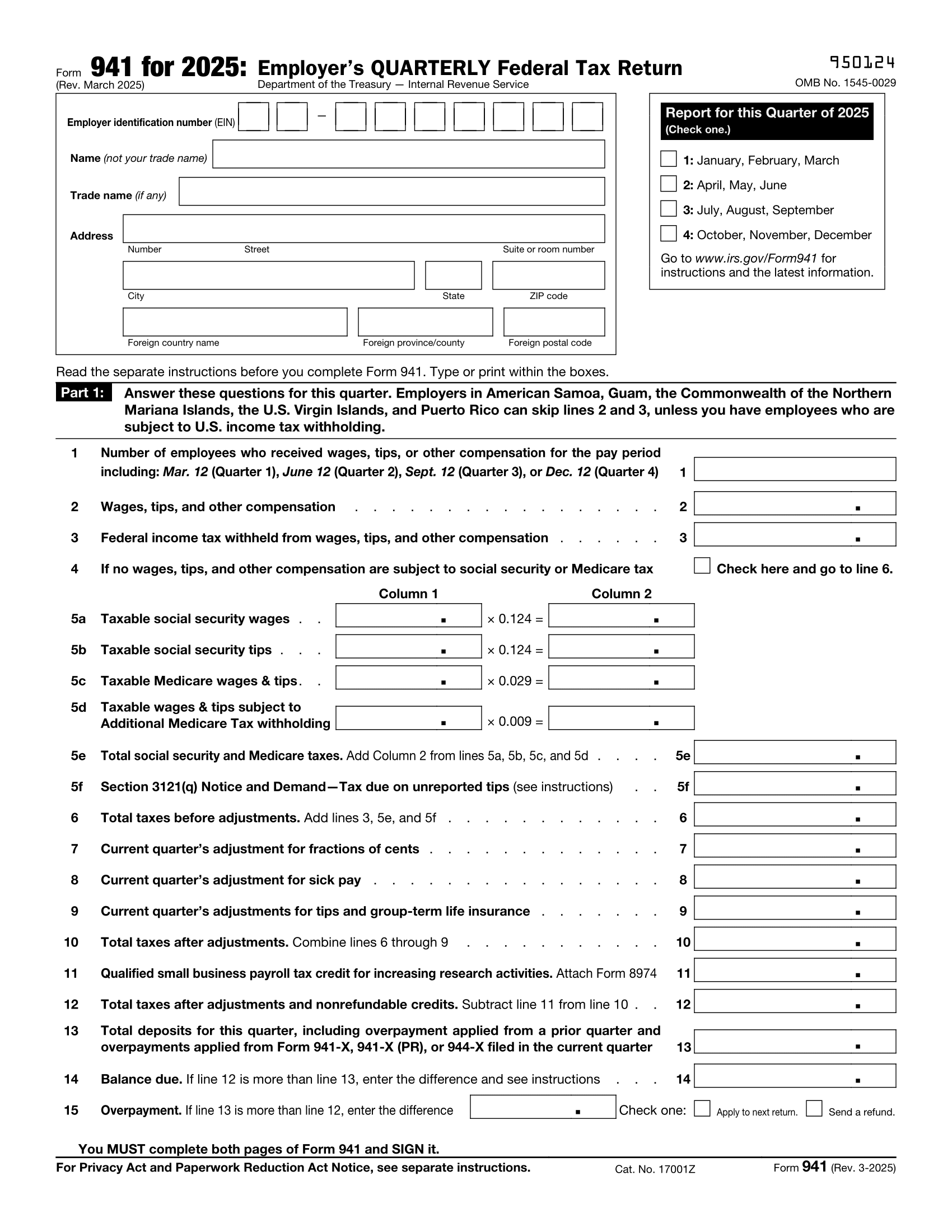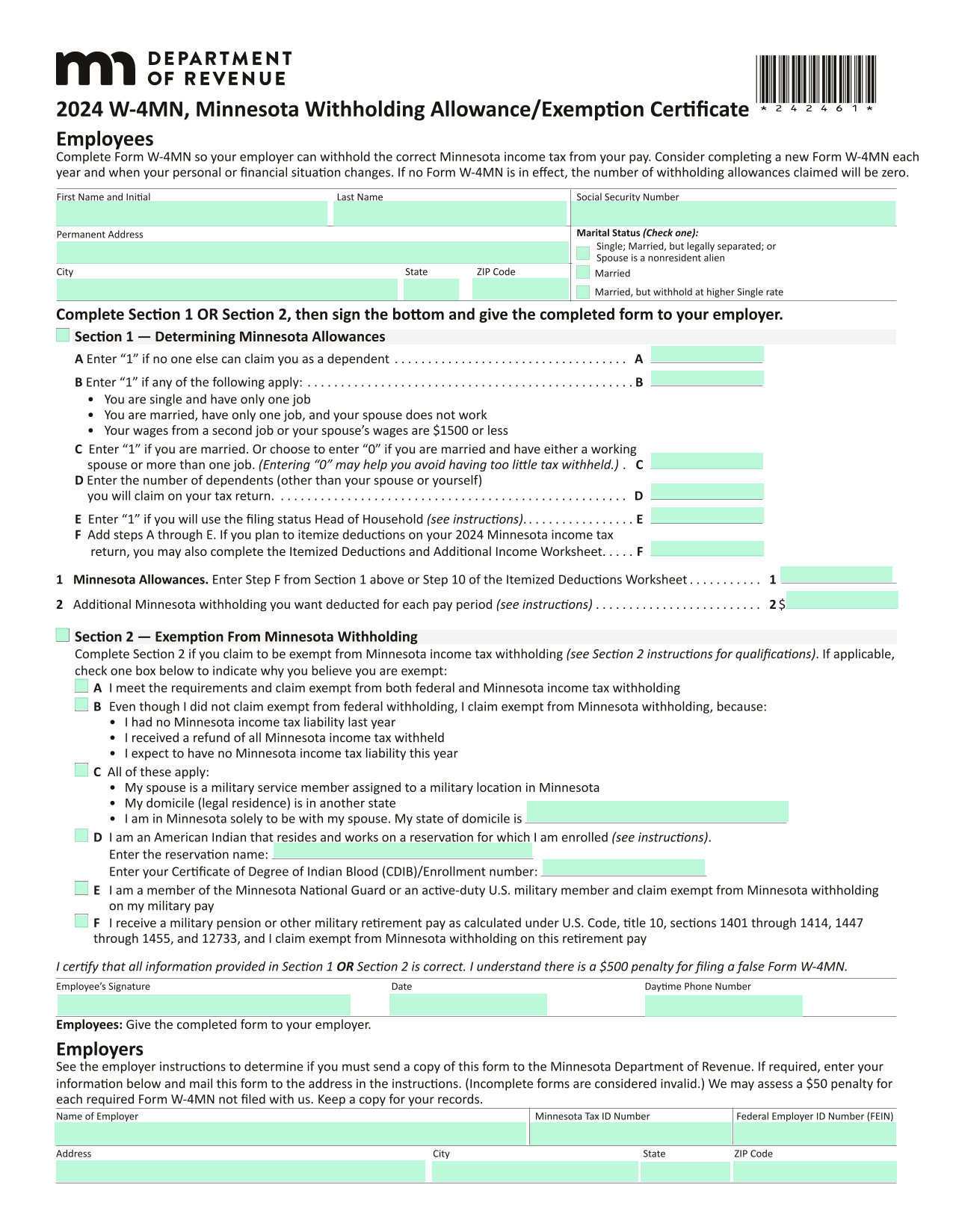IRS Form W-9 is a document used by businesses to request taxpayer identification information from individuals or entities they plan to pay for services rendered. The form is essential for tax reporting purposes, as it helps ensure that the correct taxpayer identification number is used when reporting income to the Internal Revenue Service (IRS).
For the year 2024, the IRS has released a printable version of Form W-9 that can be easily accessed and filled out by individuals or businesses. This updated version of the form includes any changes to tax laws or regulations that may have occurred since the previous year.
Save and Print Irs Form W 9 2024 Printable
Completing IRS Form W-9 2024
When completing IRS Form W-9 for the year 2024, individuals or entities will need to provide their name, address, and taxpayer identification number. They must also indicate their business entity type, such as sole proprietor, corporation, partnership, or LLC.
It is important to fill out the form accurately and completely to avoid any delays or issues with tax reporting. Once the form is completed, it should be signed and dated before being submitted to the requesting business or entity.
Businesses that receive completed Form W-9s must keep them on file for at least four years in case they are needed for tax reporting purposes. Failure to provide a valid Form W-9 when requested could result in backup withholding on payments made to the individual or entity.
Overall, IRS Form W-9 is a crucial document for businesses and individuals who engage in transactions that require the reporting of income to the IRS. By using the printable version of Form W-9 for the year 2024, taxpayers can ensure they are providing the necessary information for accurate tax reporting.
In conclusion, IRS Form W-9 2024 Printable is a valuable tool for businesses and individuals to use when requesting or providing taxpayer identification information for tax reporting purposes. By following the instructions on the form and submitting it accurately, taxpayers can help ensure compliance with IRS regulations and avoid potential issues with tax reporting.


